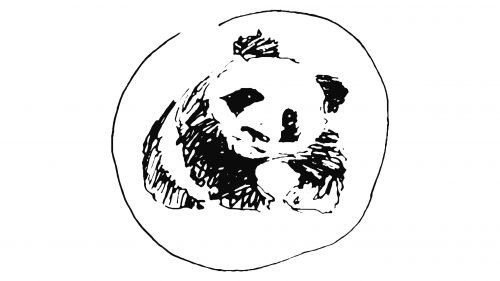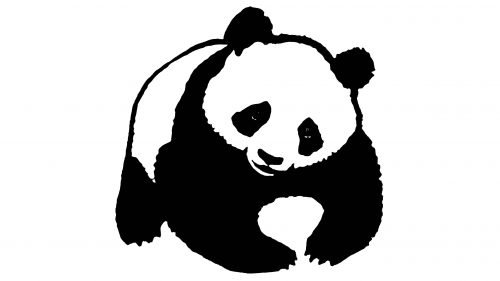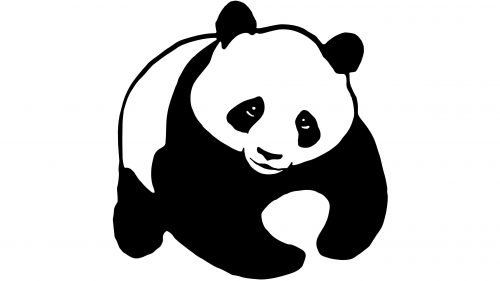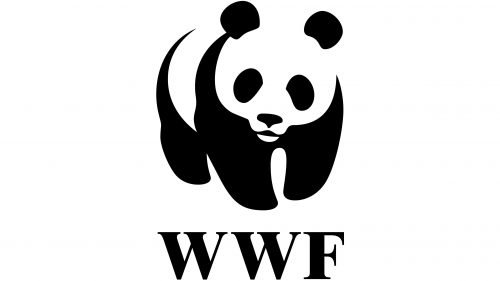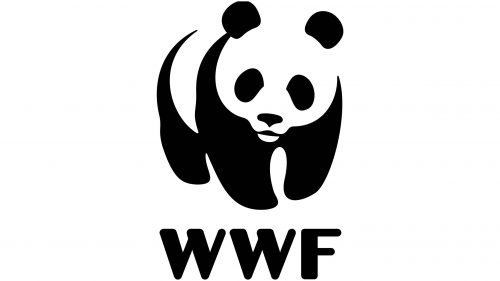The World Wildlife Fund originated in 1961. It was founded by a group of enthusiasts, who signed the Morges Manifesto. A giant panda named Chi-Chi, which had joined the London Zoo in 1961, was chosen as a symbol for the WWF logo.
Meaning and history
The visual identity of the World Wide Fund for Nature is known and loved all over the globe, as its monochrome Panda, which was first introduced in 1961, has already become synonymous with amazing programs, which the Fund runs to save the planet and the creatures living on it.
What is WWF?
WWF is an abbreviation, standing for the World Wildlife Fund, the world’s most well-known charitable environmental organization, focused on helping the planet. The Fund has established in the United Statesat the beginning of the 1960s.
1961
The very first WWF logo featured a hand-drawn image of a panda bear, enclosed into a thin rounded frame with its contour open. The animal was drawn in thin touches and looked very modern, though a bit amateurish.
1961 – 1970
Later in the same year, the image was strengthened and its lines — cleaned and emboldened. The rounded frame was gone from the logo and the panda became the only element of the WWF visual identity.
1970 – 1986
The image was cleaned and modernized again in 1980, now the lines were clear and the animal’s eyes and nose became visible and distinct. Though claws on the Panda’s paws were removed, making the contours smooth and sleek.
1986 – 2000
The logo was redesigned again in 1986, by redrawing the black-and-white panda in a more abstract and contemporary way, keeping its white elements without any black borders, and placing the bold “WWF” wordmark under the image. The lettering was executed in bold and elegant serif typefaces which evoked a sense of excellence and professionalism.
2000 – Today
The redesign of 2000 didn’t touch the panda emblem at all, keeping the one from the previous version. Though the changes were made to the lettering, which is now set in a bold and modern rounded sans-serif typeface, which perfectly complements the smooth lines of the graphical part of the WWF visual identity.
Emblem
The new logo featured the WWF acronym below the Panda. The 2000 WWF logo was the same except a little bolder font.
Font
The logo uses a sans serif font, which is close to Zar Brush Gothic Regular.
Color
As peter Scott – one of the founders – confessed, they chose the black-and-white animal to reduce printing costs.




